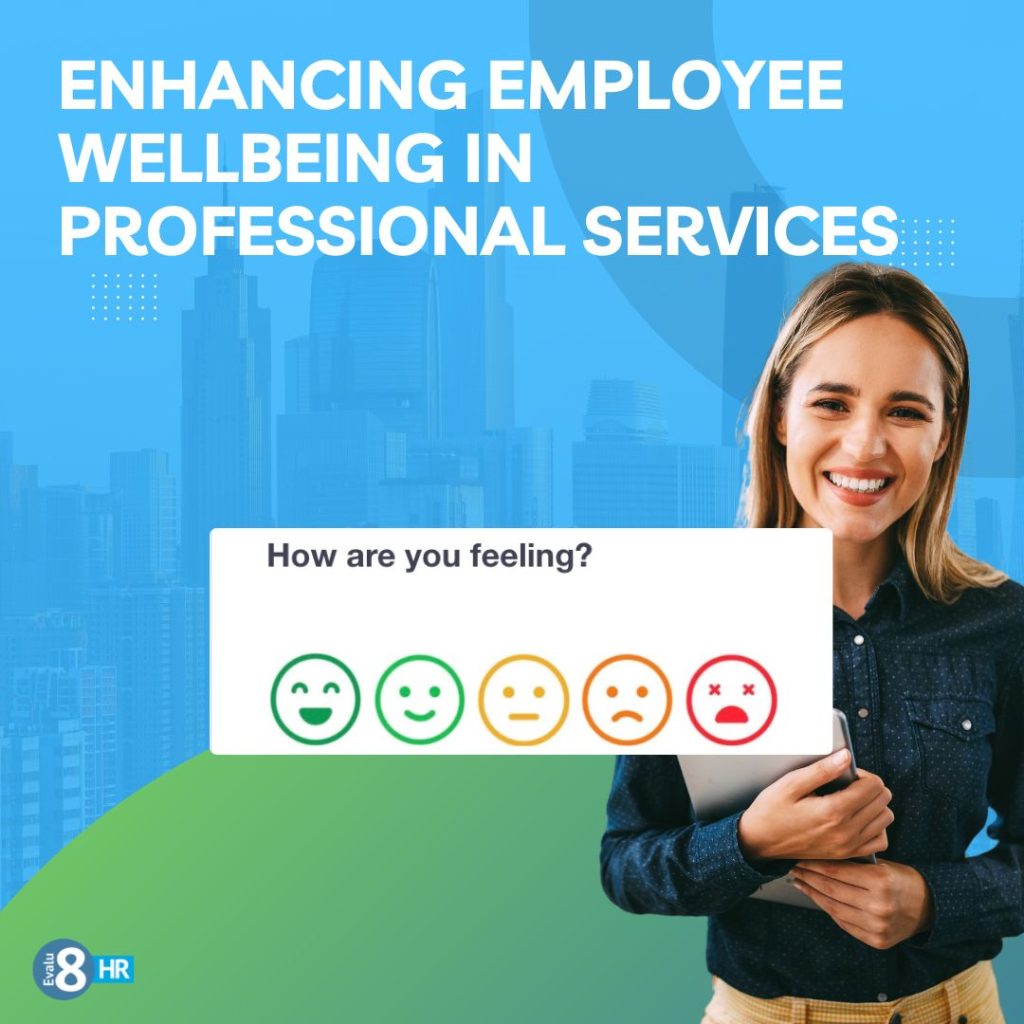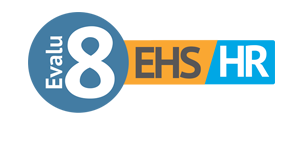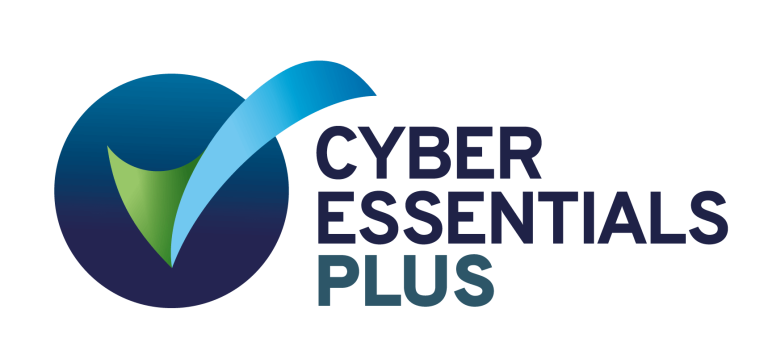The world of HR in professional services is evolving rapidly, with shifts in technology, employee expectations, and regulatory environments demanding a more agile, innovative approach. In industries like law, accounting, and insurance, HR professionals face increasing pressure to adapt quickly and strategically. So, what does the future of HR look like for these industries? Here’s a comprehensive breakdown of the trends that are set to shape HR practices in the coming years.
TL;DR:
The future of HR in professional services is being shaped by key trends, including the rise of AI and automation for streamlined processes, the shift to hybrid and remote work models, and a growing focus on employee wellbeing and mental health. HR teams must embrace data-driven decision-making to optimise recruitment and performance management while also prioritising diversity, equity, and inclusion (DEI). Adopting these trends will help firms stay competitive, improve employee engagement, and create a more agile, future-ready workforce.
Embrace of AI and Automation in HR Processes
How AI is Revolutionising HR Tasks
Automation and artificial intelligence (AI) are no longer buzzwords but are becoming a fundamental part of modern HR strategies. For firms in professional services, the need to streamline processes and reduce administrative burden is more pressing than ever. Whether it’s automating payroll, managing employee benefits, or simplifying onboarding, AI-powered HR software is helping firms reduce costs and minimise human error.
Automation is particularly beneficial when it comes to repetitive tasks like scheduling, compliance tracking, and performance reviews. By implementing HR management systems that integrate AI, firms can shift focus from administrative tasks to strategic decision-making.
Key Benefits of AI in HR
- Efficiency Boost: Automates time-consuming tasks such as payroll, timesheet management, and scheduling.
- Data-driven Insights: Uses machine learning to analyse employee performance, predict turnover, and recommend training programmes.
- Cost Reduction: Reduces the need for manual intervention, saving time and resources while lowering operational costs.
AI and automation will play an essential role in increasing HR efficiency, allowing professionals to concentrate on talent development and employee engagement rather than routine administrative work.
Flexible Work Models and the Remote Work Revolution
The Rise of Hybrid and Remote Work Models
The COVID-19 pandemic changed the landscape of work forever. What was once considered an occasional benefit is now a standard expectation. Hybrid and remote work models have surged in popularity, especially in industries like accounting, law, and insurance, where traditional office setups were once the norm.
While remote work is not new, the hybrid work model, which blends in-office and remote work, is becoming more common. HR teams in professional services firms need to develop flexible policies that cater to both in-office and remote employees.
How Hybrid and Remote Work Will Impact HR
- New Policies and Expectations: HR teams must implement clear policies regarding remote work expectations, including how to maintain productivity, team collaboration, and communication.
- Technology Solutions: Cloud-based HR platforms and collaboration tools like Zoom, Slack, and Microsoft Teams are essential in ensuring teams stay connected and productive, regardless of location.
- Work-Life Balance: Hybrid models will place even greater emphasis on employee wellbeing and work-life balance, with firms needing to provide mental health resources and flexible schedules.
As more firms adopt hybrid and remote working arrangements, HR professionals will need to ensure that they have the right tools, training, and policies in place to manage this transformation effectively.

Focus on Employee Wellbeing and Mental Health
The Growing Importance of Employee Wellbeing
The future of HR is not just about processes and compliance; it’s increasingly about the employee experience. As the workplace evolves, there is an increasing focus on mental health and overall wellbeing. Professional services firms, known for their demanding and high-pressure environments, are now recognising the importance of fostering a healthy work culture.
Employee wellbeing is not only a moral imperative but also a business necessity. Companies that prioritise the mental health of their workforce see increased productivity, engagement, and employee retention. HR departments must invest in comprehensive wellbeing programmes that address both mental and physical health.
Why Wellbeing Matters in HR
- Burnout Prevention: High-stress environments like those found in law and accounting firms can lead to burnout, so it’s crucial for HR to implement practices that promote relaxation and mental health.
- Employee Engagement: Employees are more engaged when they feel supported, and wellbeing initiatives can lead to a more positive work environment.
- Retention: A focus on employee wellbeing has been shown to improve employee retention rates, which is essential in industries that face high turnover.
HR teams will need to integrate wellness programmes into their HR strategy to keep employees happy and productive. This includes offering resources such as Employee Assistance Programs (EAPs), mental health days, and initiatives aimed at creating a more balanced work environment.
Data-Driven Decision Making in HR
Harnessing Data for Better HR Outcomes
In the digital age, data has become the new currency. Professional services firms are beginning to recognise the power of people analytics in making informed HR decisions. The future of HR will rely heavily on data-driven insights to optimise recruitment, performance management, and employee satisfaction.
With the right HR analytics tools, businesses can collect, analyse, and use data to make smarter decisions, from improving recruitment strategies to identifying trends in employee turnover.
How Data-Driven HR Will Transform the Workplace
- Recruitment: By analysing historical recruitment data, firms can optimise their hiring processes, reducing bias and improving the quality of hires.
- Performance Management: Data analytics can help HR teams track and measure employee performance over time, identifying areas for improvement and offering timely feedback.
- Retention and Engagement: By analysing employee satisfaction data, HR can implement initiatives to improve employee engagement and reduce turnover.
Investing in people analytics is becoming essential for forward-thinking HR teams who want to stay competitive and make more strategic, data-backed decisions.

Diversity, Equity, and Inclusion (DEI) as a Core Focus
Why DEI Will Be a Priority for HR
Diversity, equity, and inclusion (DEI) are no longer just buzzwords; they are essential components of a healthy, productive workplace. In 2025, professional services firms will be under increasing pressure to promote diversity at all levels, from hiring practices to team dynamics. Firms that embrace DEI benefit from a range of positive outcomes, including improved innovation, employee morale, and client satisfaction.
HR teams will play a pivotal role in ensuring that diversity initiatives are embedded throughout the organisation. Recruitment strategies, training programmes, and performance reviews will need to reflect these values.
Steps Towards a More Inclusive Workforce
- Inclusive Hiring Practices: HR teams must ensure their recruitment processes are inclusive and free from bias, leveraging diverse job boards and inclusive language in job descriptions.
- Training and Awareness: Ongoing training on unconscious bias, cultural competence, and inclusive leadership will be vital in creating a diverse and welcoming environment.
- Equal Opportunities for All: Provide equal opportunities for career advancement, mentorship, and professional development, regardless of an employee’s gender, ethnicity, or background.
Firms that successfully integrate DEI into their culture will be better positioned to attract top talent, create a supportive workplace, and enhance their brand reputation.
Transforming HR for the Future
The future of HR in professional services is being shaped by a combination of technology, employee-centric practices, and a renewed focus on diversity and wellbeing. HR professionals must embrace change and implement forward-thinking strategies that align with the evolving expectations of the workforce. By adopting AI-driven HR solutions, prioritising mental health and work-life balance, and fostering diverse and inclusive cultures, firms can not only stay competitive but also build a future-ready workforce that will drive their success.
As HR continues to evolve, staying ahead of these trends will ensure your firm remains agile, compliant, and prepared for whatever the future holds.
Here are the top five actionable takeaways from the article:
Implement AI-powered HR software to automate repetitive tasks like payroll, scheduling, and compliance tracking, boosting efficiency and reducing human error.
Develop flexible remote work policies and invest in collaboration tools to support hybrid working, ensuring teams stay productive and connected, regardless of location.
Launch comprehensive wellbeing programmes that focus on mental health, work-life balance, and employee support, enhancing engagement and reducing burnout.
Use data-driven insights to optimise recruitment, track employee performance, and improve retention by analysing trends and making informed HR decisions.
Integrate inclusive hiring practices and continuous DEI traininginto your HR strategy to foster a more diverse, equitable, and supportive workplace environment.


